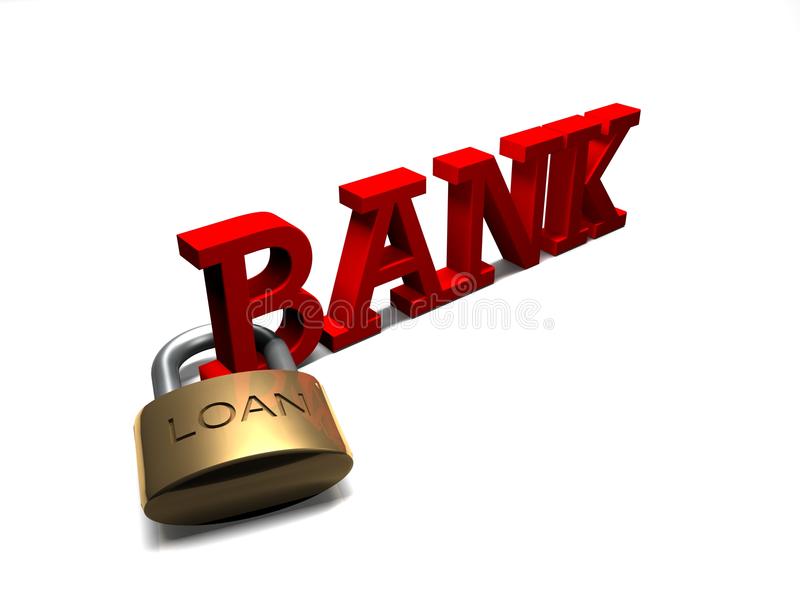April 16, 2018/FSDH Research
Nigerian banks have been allocating higher credits to different sectors of the economy in Q1 2018. The Credit Condition Survey Report (CCSR) of the Central Bank of Nigeria (CBN) showed that there was an increase in availability of secured credit to households and corporates in Q1 2018. The CCSR serves as an input into the CBN’s monetary policy document, which helps it to assess the latest trends in credit creation in the Nigerian economy. The results are based on lenders’ responses to the survey.
The CCSR indicated that the availability of secured credit to households was higher in Q1 2018, compared with Q4 2017. The benign economic outlook and higher risk tolerance were the major factors for the increase. The survey added that secured credit is expected to grow higher in Q2 2018, from favourable liquidity positions and higher appetite for risk. In addition, lenders reported that the overall spreads on secured lending rates to households relative to Monetary Policy Rate (MPR) narrowed in Q1 2018 and expected to further narrow in Q2 2018. Furthermore, the availability of unsecured credit provided to households rose in Q1 2018 and is expected to rise further in Q2 2018.
Similarly, the CCSR showed that the overall availability of credit to the corporate sector increased in Q1 2018 and anticipated to increase further in Q2 2018. This was also driven by brighter economic outlook, changing sector-specific risks, changing appetite for risk, tight wholesale funding conditions and market share objectives. The survey also indicated that the changes in spreads between bank rates and MPR on approved new loan applications for all business sizes widened in Q1 2018, and is expected to widen further for all business sizes except for small businesses in Q2 2018.
Meanwhile, the inflation rate dropped to 13.34% in March 2018, from 14.33% recorded in February. FSDH Research expects the inflation rate to drop to single digit in July 2018. The major risks to the attainment of a single digit inflation rate in 2018 are: increase in the electricity tariff, increase in the premium motor spirit (PMS) pump price and the rising social unrest in some parts of the country.
FSDH Research believes the CBN may soon deploy measures that will inject additional funds to the financial system that will enable banks to increase credit creation in the economy to stimulate growth.













